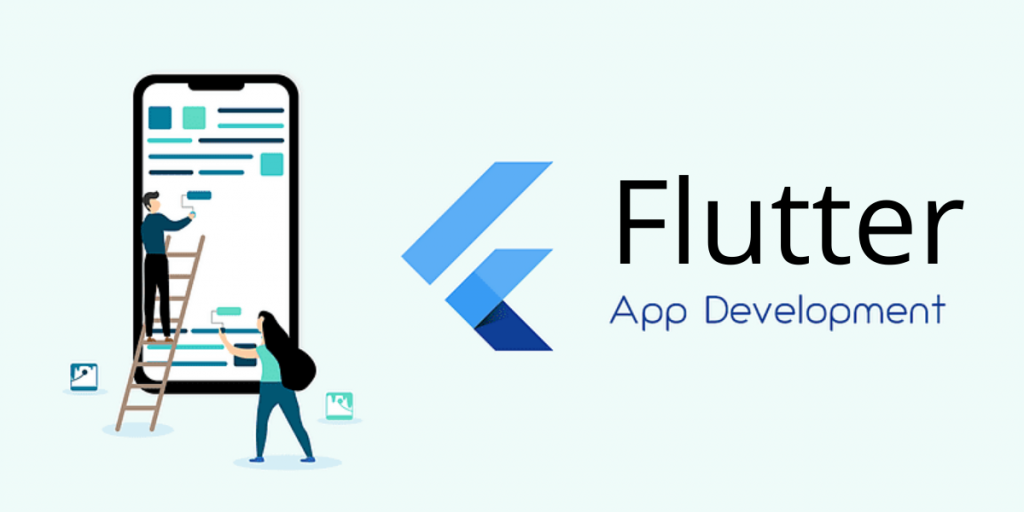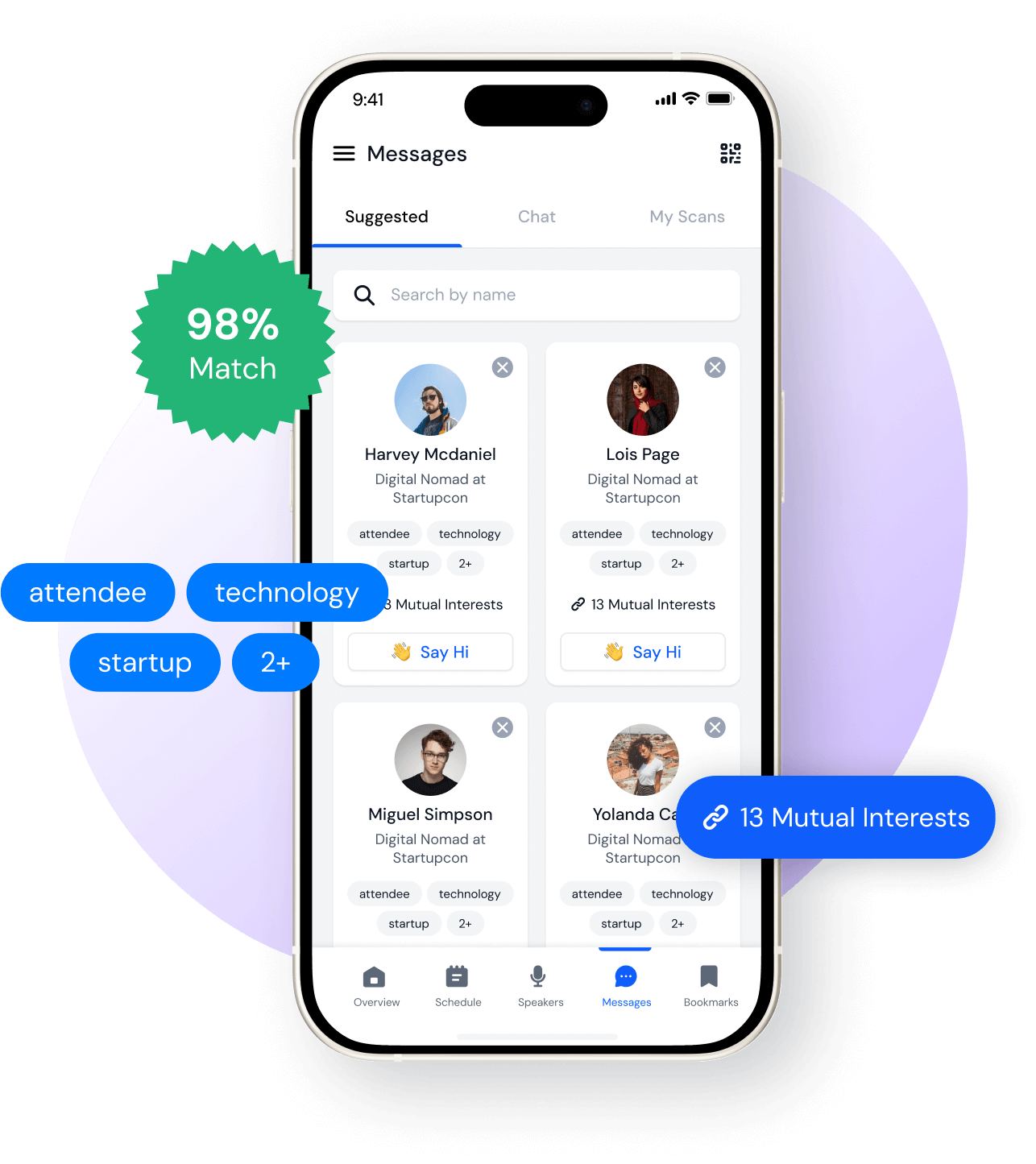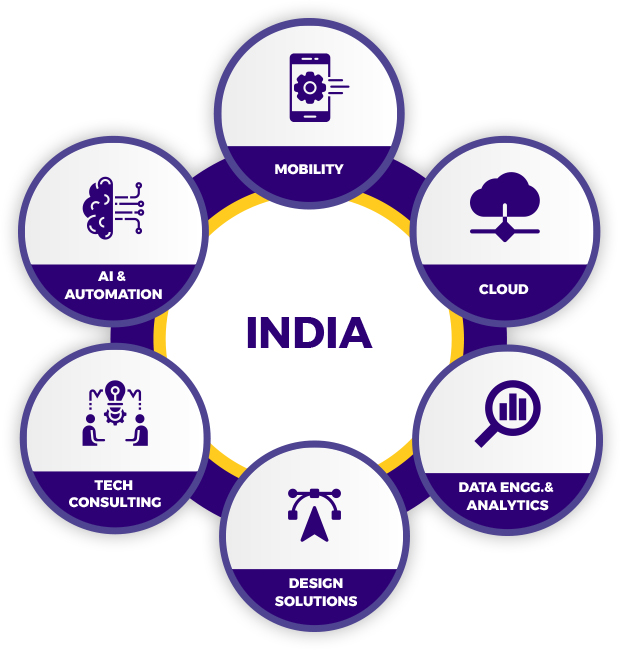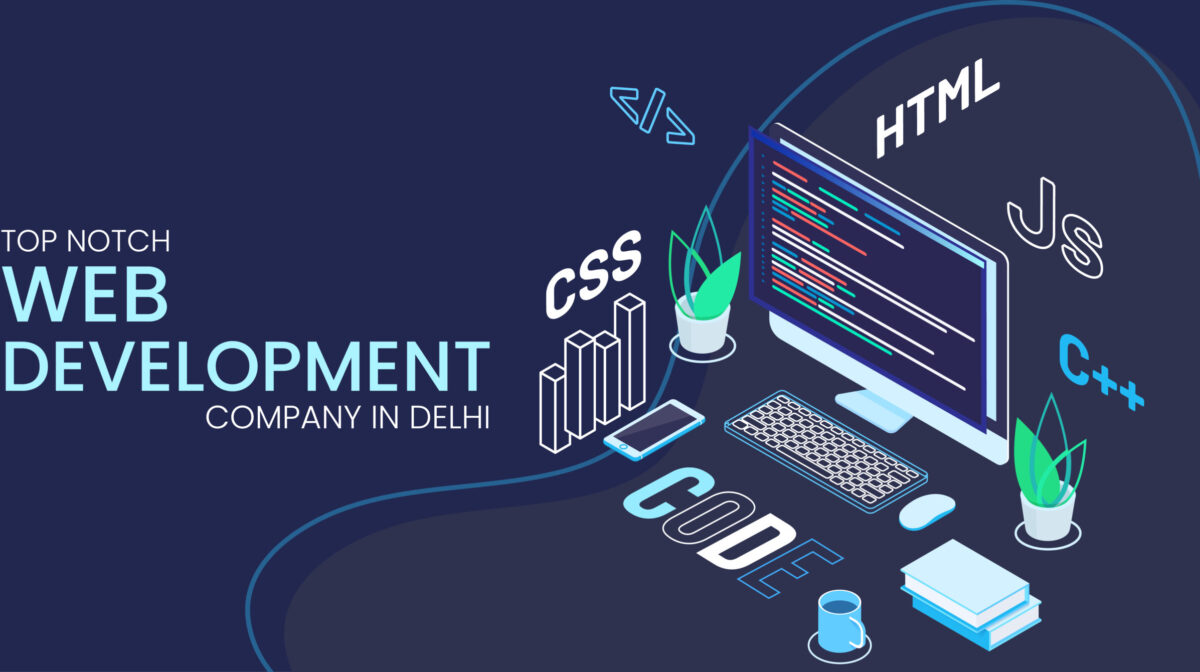
Flutter is a popular open-source mobile application development framework created by Google. It allows developers to build high-performance, cross-platform apps for iOS and Android using a single codebase. Flutter uses a reactive programming model, where the user interface reacts to state changes in the app, resulting in a highly responsive and fluid user experience.
One of the key advantages of Flutter is its extensive collection of pre-built widgets that can be customized to match the app's design requirements. These widgets provide a consistent look and feel across platforms, ensuring that the app looks and works the same way on both iOS and Android devices.
Flutter also supports hot-reload, which allows developers to make changes to the code in real-time and see the results instantly, without having to rebuild the app from scratch. This feature makes the development process faster and more efficient, allowing developers to experiment with different designs and features more easily.
Flutter also offers a wide range of plugins and packages that developers can use to add functionality to their apps. These packages cover a range of features, such as camera integration, maps, animations, and more.
Another advantage of Flutter is its ability to handle complex and dynamic user interfaces. With Flutter, developers can easily create complex user interfaces that include animations, custom widgets, and complex layouts. The framework is designed to support complex animations and transitions, making it an ideal choice for creating engaging and interactive apps.
Flutter also has a fast development cycle, which means that developers can build, test, and deploy their apps quickly. This allows them to respond more quickly to changes in the market and user feedback, resulting in a better user experience and a more successful app.
In addition, Flutter offers a range of tools and features for testing and debugging apps, including a built-in testing framework and support for tools like the Dart Observatory and Dart DevTools. This makes it easier for developers to find and fix bugs, ensuring that the app is stable and performs well.
Flutter also has a strong community of developers and enthusiasts who contribute to its development, provide support and resources for other developers, and share their knowledge and experiences through blogs, forums, and other channels. This community makes it easier for developers to learn and use Flutter, and helps ensure that the framework continues to evolve and improve over time.
Finally, Flutter's popularity is rapidly increasing, with many companies and organizations adopting it for their mobile app development needs. This means that there is a growing demand for developers who are skilled in using Flutter, making it a valuable skill to have in today's job market.
 Best CRM Software Development Company in Delhi NCR Oprezo India
Best CRM Software Development Company in Delhi NCR Oprezo India
 Dating App Development Company in India | Oprezo India
Dating App Development Company in India | Oprezo India
 Gaming Development Company in India | Mobile & Online Games – Oprezo India
Gaming Development Company in India | Mobile & Online Games – Oprezo India
 Happy New Year 2026 | Oprezo India All Services 25% Off
Happy New Year 2026 | Oprezo India All Services 25% Off
 Web Development Services in Delhi | Enterprise Website Solutions – Oprezo India
Web Development Services in Delhi | Enterprise Website Solutions – Oprezo India